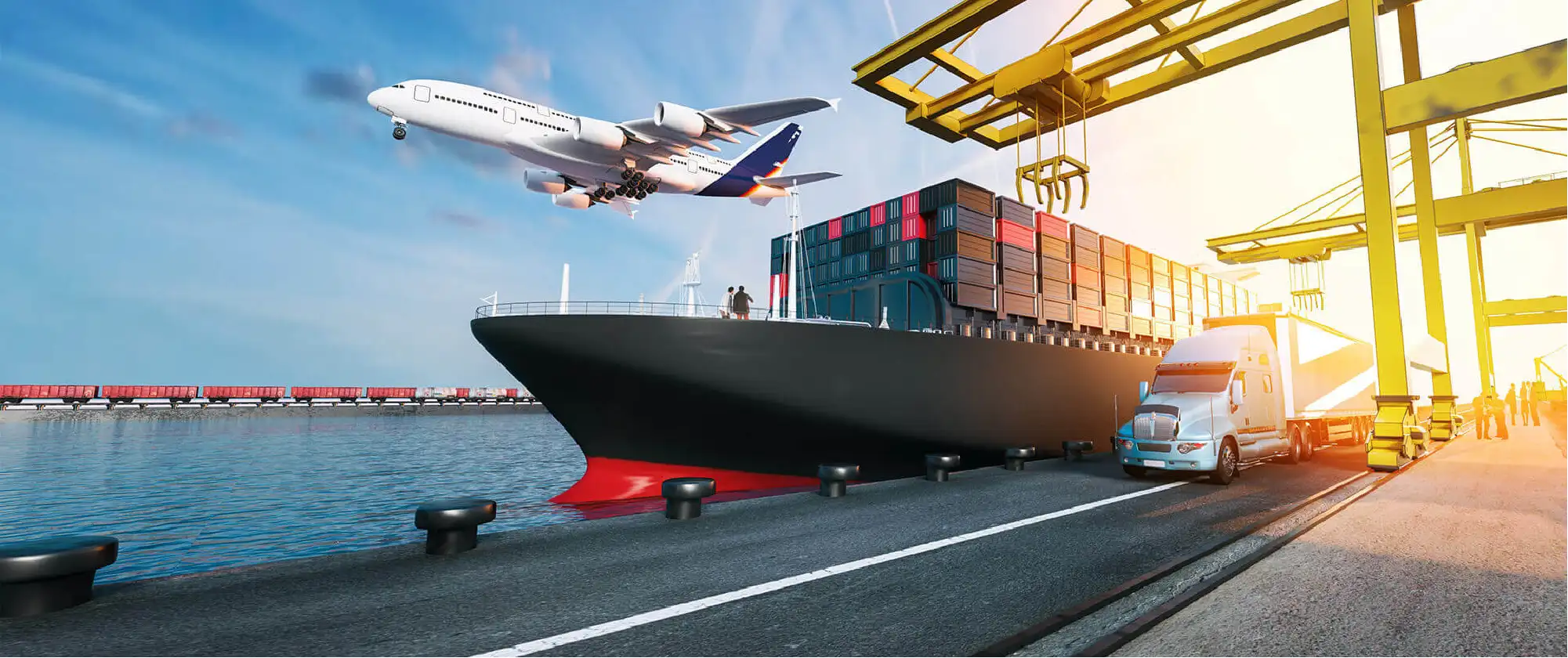The maritime industry, a vital component of global trade and transportation, faces numerous challenges that demand innovative solutions. From economic fluctuations to environmental concerns, this article explores the multifaceted hurdles that the maritime industry encounters in its quest for sustainable growth and operational excellence.
- Economic Volatility:
The maritime industry is highly susceptible to economic fluctuations, making it vulnerable to global recessions and trade imbalances. The challenge lies in managing the impact of these uncertainties on shipping volumes, freight rates, and profitability. Strategies such as diversification of trade routes, optimizing vessel capacity, and embracing digital technologies for efficient operations become crucial in navigating these turbulent waters. - Environmental Sustainability:
As the world grapples with climate change, the maritime industry faces increasing pressure to reduce its environmental footprint. The challenge lies in adopting cleaner and more sustainable practices while ensuring compliance with stringent regulations. From implementing energy-efficient technologies to exploring alternative fuels, the industry must strike a delicate balance between economic viability and environmental responsibility. - Technological Advancements:
Rapid advancements in technology present both opportunities and challenges for the maritime industry. Embracing digitalization, automation, and artificial intelligence can enhance efficiency, safety, and decision-making. However, the challenge lies in managing the transition, upskilling the workforce, and addressing cybersecurity concerns. Collaboration between industry stakeholders and investing in research and development are vital to harness the full potential of these technologies. - Safety and Security:
Ensuring the safety and security of vessels, crew, and cargo remains a paramount challenge for the maritime industry. Piracy, terrorism, and cyber threats pose significant risks that require constant vigilance and proactive measures. Implementing robust security protocols, training personnel in crisis management, and leveraging advanced surveillance technologies are crucial steps towards mitigating these challenges. - Infrastructure and Port Congestion:
The growth in global trade has put immense pressure on ports and infrastructure, leading to congestion and delays. The challenge lies in developing and upgrading port facilities, optimizing logistics networks, and streamlining customs procedures. Collaboration between governments, port authorities, and shipping companies is essential to address these challenges and ensure smooth and efficient supply chain operations.
Conclusion:
The maritime industry faces a myriad of challenges that demand proactive and innovative solutions. From economic uncertainties to environmental concerns, technological advancements to safety and security risks, and infrastructure constraints to port congestion, stakeholders must collaborate and adapt to navigate these challenges successfully. By embracing sustainability, leveraging technology, and prioritizing safety, the maritime industry can chart a course towards a prosperous and resilient future.


